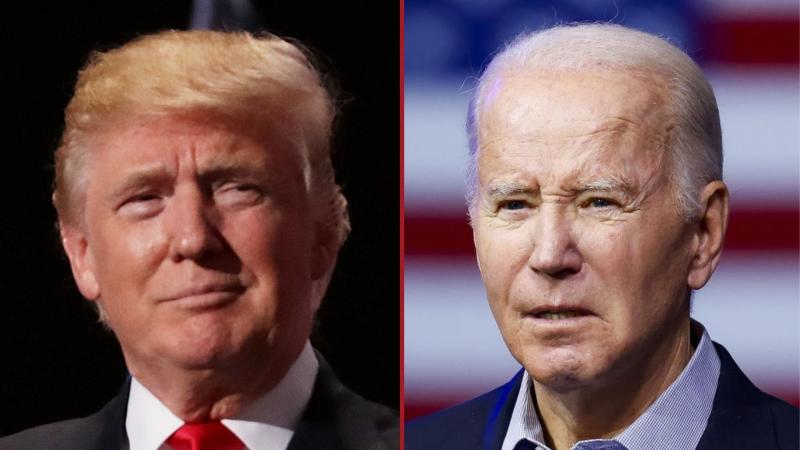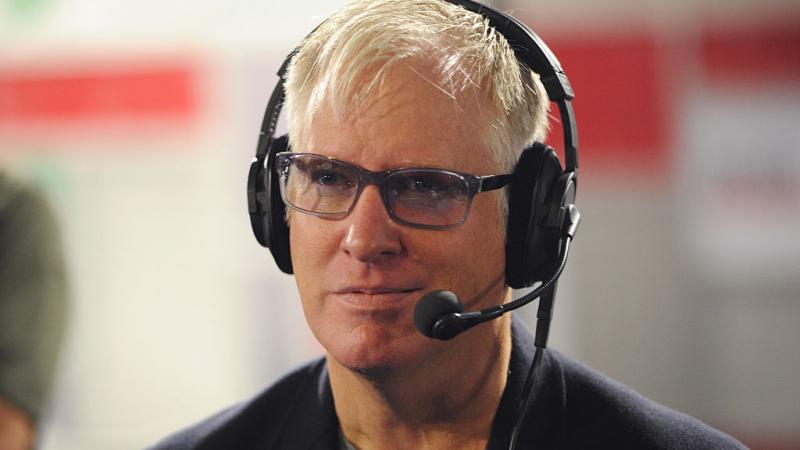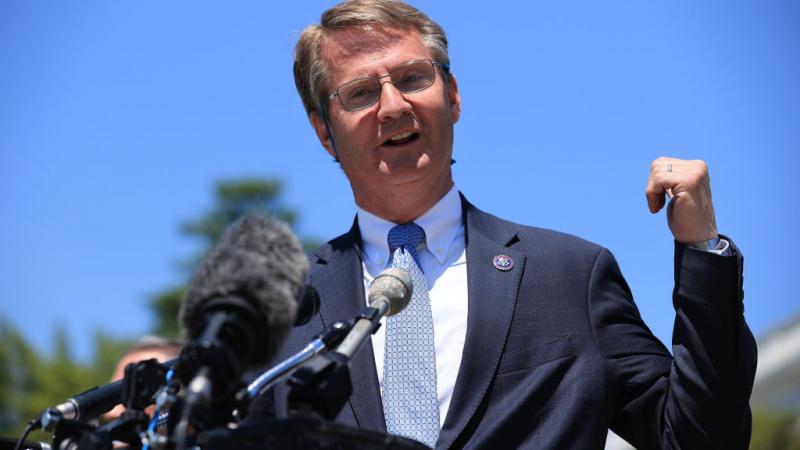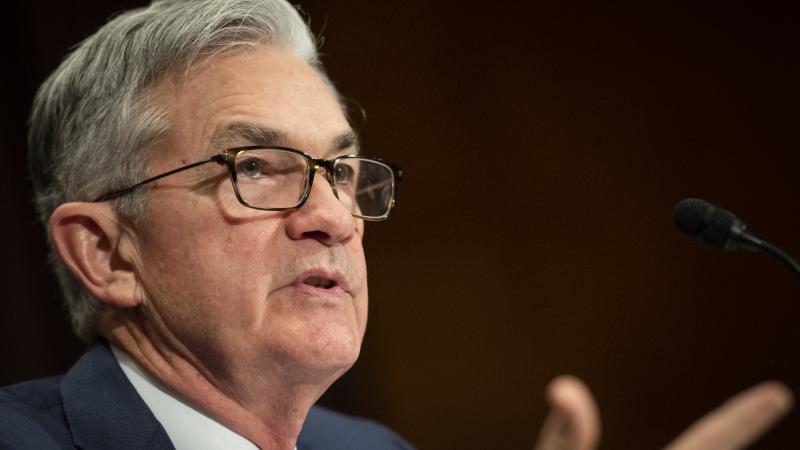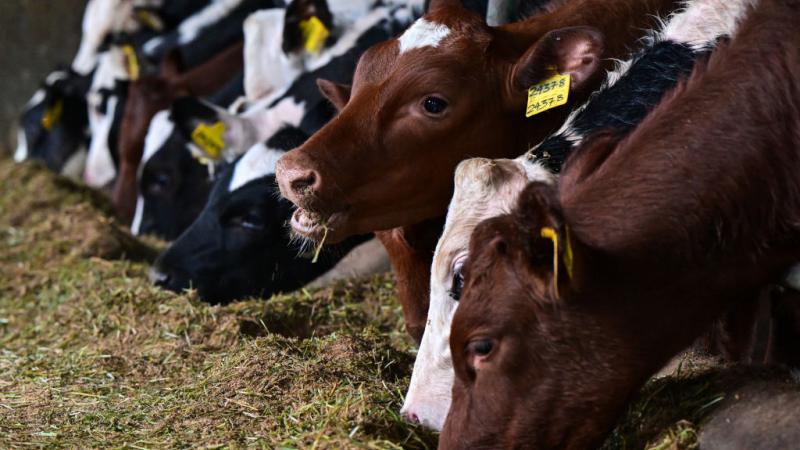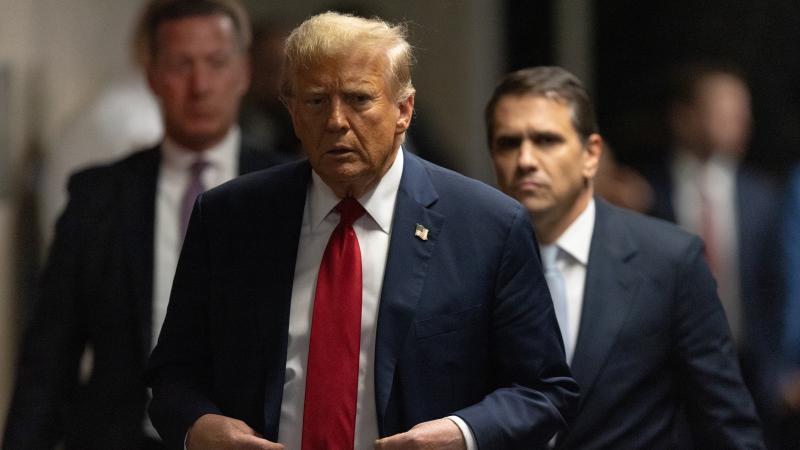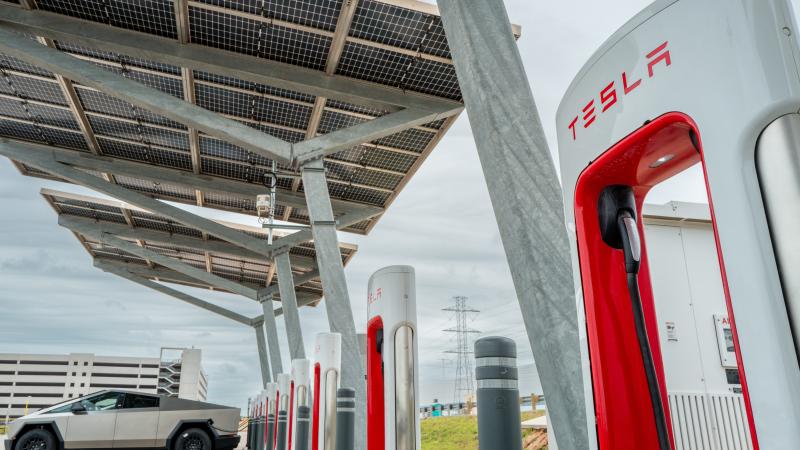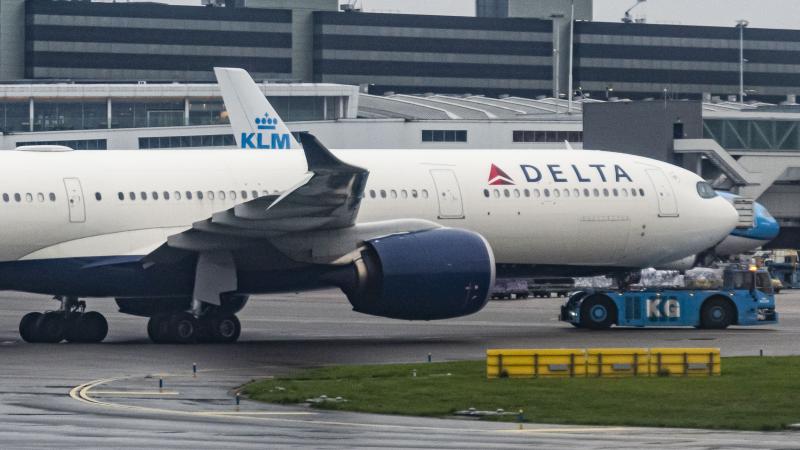Administrative policies in Wisconsin election put tens of thousands of votes in question
From allowing clerks to fix spoiled ballots to permitting voters to escape ID rules, Wisconsin election officials have taken actions that were not authorized by legislature.
The Constitution allows only for state legislatures to change the ways elections are conducted, but administrative policies put in place by Wisconsin election supervisors could impact potentially tens of thousands of ballots in a battleground state that Joe Biden won in 2020 by just 20,000.
Records reviewed by Just the News show that an executive branch agency called the Wisconsin Elections Commission:
- permits local county election clerks to cure spoiled ballots by filling in missing addresses for witnesses even though state law invalidates any ballot without a witness address.
- exempted as many as 200,000 citizens from voter ID rules in 2020 by allowing them to claim the COVID-19 pandemic caused them to be "indefinitely confined."
- failed this year to purge 130,000 names from outdated voter rolls as required by law.
The question now is whether those rules — in particular the instructions allowing clerks to cure ballots with missing information — will open the door for the courts to intervene as President Trump looks to contest ballot practices in multiple battleground states. The Trump campaign is seeking a recount in Wisconsin.
"This is a complicating thing about elections like this," said Derek Muller, a professor of law at the Iowa School of Law and an expert in legal election matters. "I’ve seen it in a lot of jurisdictions, what might be sort of a technical violation of the statute, in this case encouragement to county clerks about how to use their judgment on whether or not to cure a ballot."
State officials, he said, might have construed the directive as something of a fraud prevention measure, so that election authorities could track down witnesses if need be. The issue of whether or not the election commission violated the law could depend on how the statute is worded and interpreted, he added.
Wisconsin Statute 6.87(6d) stipulates that any ballot "may not be counted" if it is missing the address of the voter's witness. The Wisconsin Elections Commission in August issued a directive to voters that reaffirmed that statute: "If [the witness signature and address] is missing, your ballot will not be counted," the directive read.
Yet a 2016 rule issued by the Wisconsin Elections Commission appears to give county clerks the authority, in contravention of state law, to fix incomplete (or "spoiled") ballots that are missing witness signatures. In mid-October the WEC issued a reminder of that policy to the state's county clerks.
"If clerks are reasonably able to discern any missing information from outside sources, clerks are not required to contact the voter before making that correction directly to the absentee certificate envelope," the 2016 guidance says.
"Please note that the clerk should attempt to resolve any missing witness address information prior to Election Day if possible," the directive from October of this year states, "and this can be done through reliable information (personal knowledge, voter registration information, through a phone call with the voter or witness). The witness does not need to appear to add a missing address."
Retired Wisconsin Supreme Court Justice Michael Gableman, told local radio station 1130 WISN last week that the statute is "very, very clear. If an absentee ballot does not have a witness address on it, it's not valid. That ballot is not valid." The Dan O'Donnell Show, meanwhile, claimed that the Wisconsin GOP "estimates that thousands of witness addresses may have been changed."
WEC spokesman Reid Magney dismissed what he suggested was undue attention being paid to that directive.
"The guidance has been in effect for 11 statewide elections, including the 2016 presidential and presidential recount," he told Just the News "and no one has objected to it until now."
"The law says that a witness address needs to be present for the certificate to be accepted and the ballot to be counted," he said, but "it does not specify who affixes the address (for example, voter address is added by the clerk on the certificate envelope)."
"If an absentee certificate does not contain a witness address (i.e. the witness forgets or the clerk cannot add it based on acceptable information) then the ballot cannot be counted," he added.
'Indefinitely confined' voters given break on voter ID law
Nearly 200,000 Wisconsin residents, meanwhile — and possibly more — may have voted by absentee ballot in the 2020 presidential election while being exempt from state voter ID rules, according to state data.
Wisconsin allows voters to claim an "indefinitely confined" status if they are homebound or otherwise incapable of leaving the house to go vote. In those cases, such voters are permitted to vote with absentee ballots.
The number of indefinitely confined voters in the state skyrocketed this year as citizens remained concerned about catching COVID-19 at polling places. State data show that confined voters this year nearly tripled from about 72,000 in 2019 to 195,000 in the April primaries. Reid Magney told Just the News that the final number of confined voters in this election was 215,333.
The state largely preempted any control that local authorities might have exercised over confined voters.
Wisconsin Elections Commission Administrator Meagan Wolfe said in a May memo that municipalities "are not required to contact these voters" to confirm that they remained indefinitely confined. If a confined voter did not respond to a municipality's inquiry, the municipality was nevertheless still required to send them an absentee ballot "if they returned their April 7 ballot," Wolfe said in the memo.
Authorities that suspected voters were no longer confined were still mandated to send them absentee ballots, she added.
Confined voters not required to show voter ID
As the number of confined voters in Wisconsin this year soared, the state also noted that such voters are absolved from a key voter security measure: providing proof of voter ID when submitting a ballot.
On Wisconsin's voter ID informational website, the state notes: "An indefinitely confined voter does not need to provide a copy of photo ID."
"Instead, the witness signature on the Absentee Ballot Certificate Envelope satisfies the photo ID requirement," the site continues, noting that signatures from both the voter and the witness were still required.
Significant attention has been paid to Wisconsin over the past week. Biden was declared the winner of the state a few days after the election, but only by a razor-thin margin of about 20,000 votes.
Earlier in the fall, the Wisconsin Supreme Court heard arguments from a conservative group arguing that around 130,000 voters should be purged from the voter rolls due to their having moved in between elections.
The Wisconsin Institute for Law and Liberty had argued that the Wisconsin Elections Commission was bound by law to remove the voters whose addresses it could not verify. The commission had asked to delay the removal until after the election, citing concerns that some voters might be improperly removed from the rolls.
A circuit court judge had ruled last year that the elections commission was required to remove the tens of thousands of voters that had been targeted for removal. The commission at the time refused to do so, leading to their being held in contempt of court.
In January, an appeals court issued a stay on that ruling, leading eventually to the September hearing by the State Supreme Court. The case was undecided by Election Day.
Update: Following publication of this story, an official with the Wisconsin Elections Commission responded to a Just the News query and stated that the rule allowing clerks to add witness addresses to absentee ballots was put in place in 2016. The article has been updated to reflect this.

